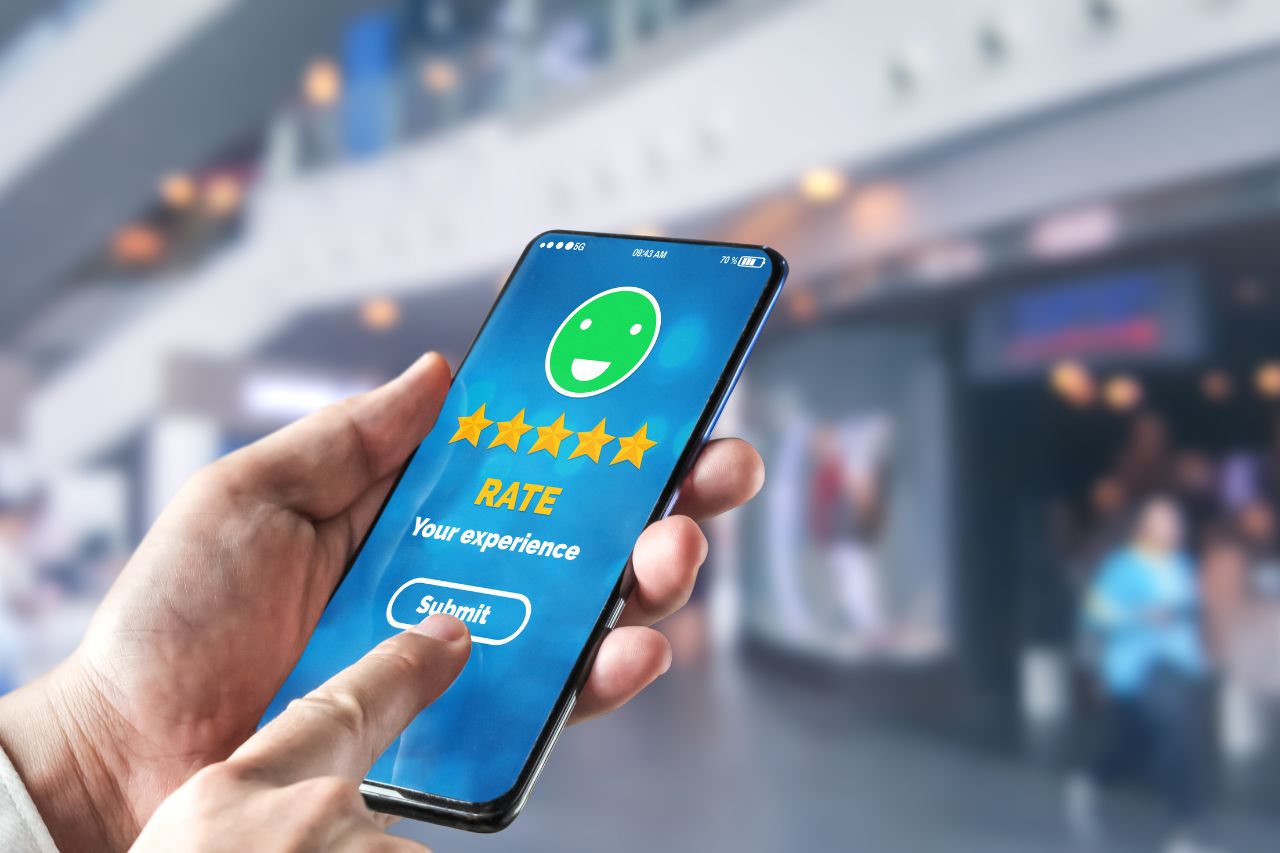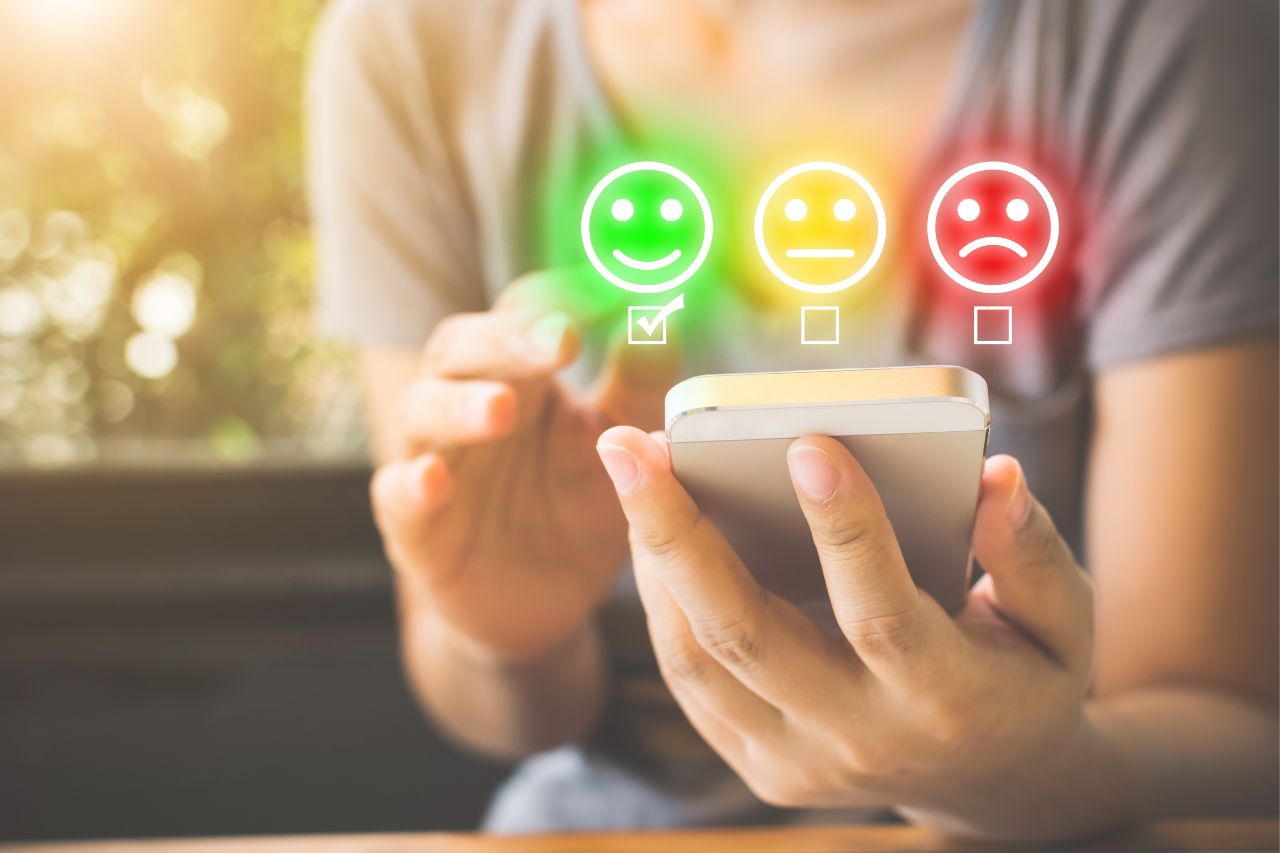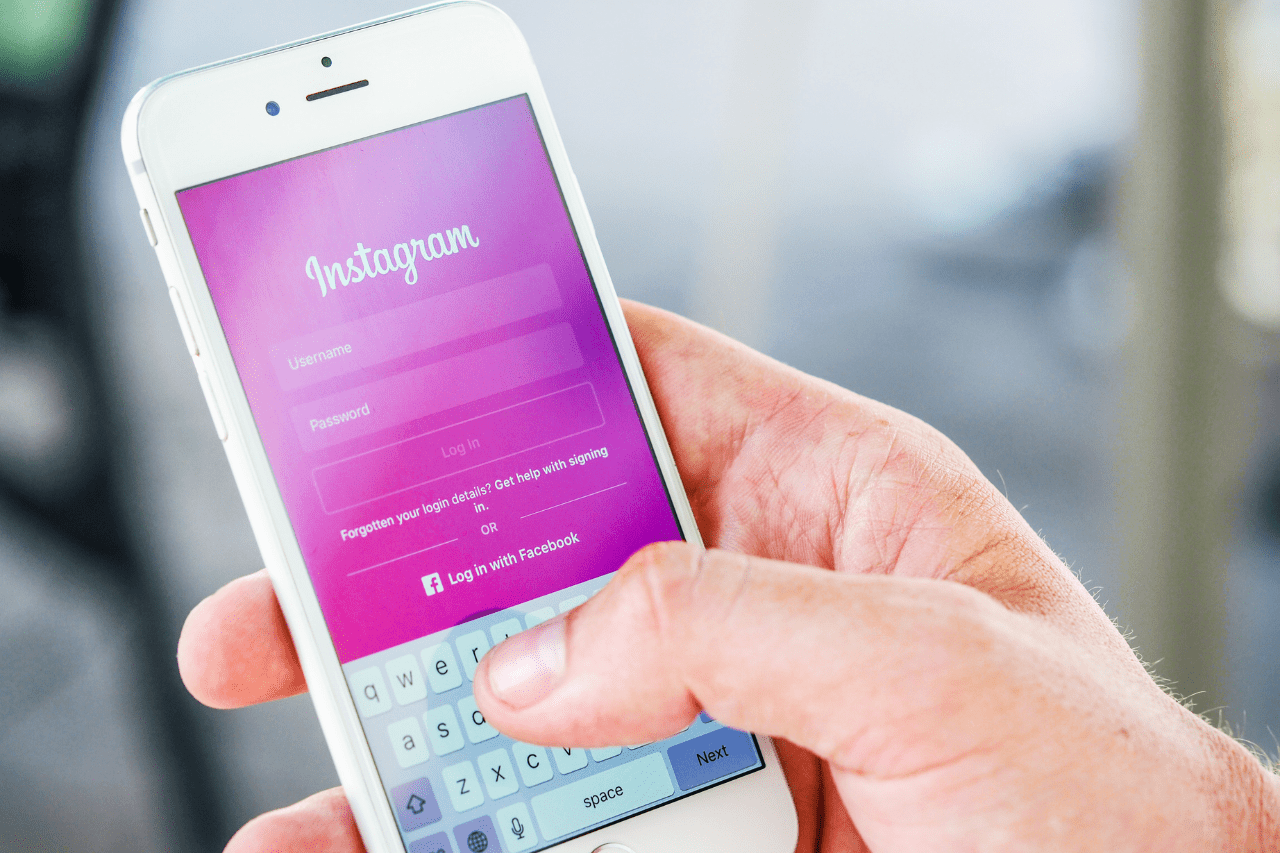Influencers are increasingly sharing authentic lifestyles on social media, creating greater engagement and conversions for brands that align with this trend.
Provide influencers with clear goals while still giving them creative freedom to create authentic content that reflects their style. Furthermore, influencers must disclose to audiences about their relationship in a transparent manner.
Authenticity
Since audiences are becoming more sophisticated, authenticity has become the cornerstone of influencer marketing. Brands must collaborate closely with influencers to produce authentic and relatable sponsored content that builds trust with audiences beyond endorsements alone. Long-term relationships also depend on authenticity being achieved within single collaborations – making this key component essential in influencer marketing success.
Brands must work to identify influencers that reflect their values and mission to build genuine connections and increase sales. For authenticity to occur, brands should select influencers that genuinely align with them while possessing knowledge about the products or services being promoted.
Brands must find influencers who genuinely have an enthusiasm for their craft, while simultaneously building long-term partnerships and cross-platform collaborations with them. This approach enables brands to reach a wider audience while still tapping niche communities with the same level of engagement; additionally, working across platforms streamlines production since you don’t need separate campaigns for each one.
Brands are increasingly realizing the power of micro-influencers in building genuine relationships with audiences. Their smaller but highly engaged following allows micro-influencers to connect more intimately with followers – ultimately increasing brand perception and conversion rates.
User-generated content (UGC) campaigns can help businesses achieve authenticity by tapping into its power. From hashtag trends and contests to complete rebranding campaigns, UGC can give consumers a fresh view of your brand that makes an impression first impression.
Brands should employ AI to find the ideal influencers for their campaign. AI can speed up this research and selection process by finding influencers that speak your audience’s language and align with your goals, as well as provide deep insights into their behavior, emotions, and preferences for an impactful influencer marketing campaign.
Technology
Influencer marketing has emerged as a highly effective digital marketing tactic that can transform brand strategies and foster genuine relationships between brands and audiences. However its success increasingly relies on powerful technologies; brands that capitalize on these trends will gain a competitive advantage by 2024.
Influencers are now emphasizing creating authentic content that integrates brands seamlessly into their natural narrative, which will build trust over time and lead to conversions. To accomplish this, influencers will need to be strategic with product placement and use social platforms such as TikTok for this goal.
Influencers are turning to artificial intelligence (AI) for streamlining processes and creating more efficient campaigns. AI can assist them with finding relevant influencers for campaigns as well as optimizing content to reach maximum impact – but care must be taken not to use too much AI as this may compromise authenticity and lead to alienating audiences.
Influencers are increasingly turning to virtual and augmented reality (VR/AR) tools like virtual and augmented reality to expand traditional content delivery methods and engage audiences more meaningfully than ever before. By using such immersive tools, influencers can provide immersive experiences for their followers that allow them to interact with products in an authentic setting – which creates trustworthy brands with increased engagement rates.
Influencers are also tapping the power of user-generated content (UGC) to build credibility and authenticity, including social media posts, blog articles, and videos created by fans or followers of an influencer. UGC helps influencers increase visibility and engagement as well as conversion rates and customer satisfaction rates.
Influencer marketing’s future looks bright, but brands must stay abreast of emerging trends and adapt their strategy accordingly. Trends like authenticity and social responsibility will shape its landscape in 2024 – by taking note and adopting these practices, brands can build long-lasting relationships with their audiences while remaining relevant within an increasingly crowded digital space.
Sustainability
Brands have long relied on influencers to reach their audiences, but in 2024 they’re making the shift towards more sustainable and responsible partnerships. Influencers who use audience insights to produce authentic and relevant content that resonates with target audiences are particularly effective; brands are seeking out influencers who share their values; niche and micro-influencers can often have more direct contact with target audiences, leading to tailored messages across platforms.
Product promotion should take on more of a subtle tone due to the audience’s demand for authenticity. Today’s audiences have an instinctual ability to detect fake and sales content; influencers must provide genuine content that resonates with genuine products and lifestyles by seamlessly incorporating products into relatable storylines as part of everyday vlogs or memes.
Influencers can demonstrate their authenticity through user-generated content (UGC). This method encourages audiences to share their experiences with products and services, creating positive reviews and testimonials that create trust between the audience and the brand. UGC marketing is more cost-effective than traditional forms because it builds credibility faster.
Influencers can act as ambassadors for social causes as well as products and services they promote. By aligning themselves with influencers who share similar beliefs, brands can partner with them to spread ethical messages to their audience – for instance, some companies partner with influencers that promote eco-friendly clothing to raise awareness of sustainability as well as inspire consumers to make more eco-conscious purchases.
Future influencers will become an integral component of companies’ overall strategies, from research and development to product testing and distribution. Influencers will have increased creative freedom to craft unique stories for audiences while being integrated more deeply into a company’s overall operations – leading to higher engagement rates and conversion rates from campaigns featuring influencers.
Values
As influencers develop their brands, audiences increasingly expect more authenticity from both the content they share and the brands they collaborate with. Marketers must understand how influencer marketing trends are altering strategies to keep pace.
In 2024, authenticity will continue to be of utmost importance as consumers become more adept at recognizing content that appears forced or manufactured. Influencers need to work closely with brands and create content that fits seamlessly into their normal feed while speaking directly to audiences in an organic manner.
Long-term influencer partnerships have emerged as one of the key trends of 2024, as they allow brands to foster meaningful relationships with influencers over time and form trusting bonds that ensure consistent campaign execution and create brand advocacy among influencers and their followers. This allows brands to establish more authentic connections with target audiences while also increasing sustainable engagement levels.
Micro-influencers are becoming an increasingly effective way for brands to engage audiences and drive conversions, with greater influencers having in-depth knowledge about their target demographic and products than celebrity endorsers can provide. By teaming up with micro-influencers with greater expertise in this regard, brands can create targeted content tailored specifically for each target market – this personal touch builds brand credibility while increasing audience loyalty as opposed to quick fixes like celebrity endorsements.
User-generated content (UGC) can be an extremely effective tool to showcase authentic interactions and offer genuine customer experiences. By encouraging employees and customers alike to share their experiences publicly, brands can foster trusting relationships while turning potential audience members into loyal brand advocates.
AI is revolutionizing influencer marketing by providing advanced analytics that go far beyond likes and views. Analyzing enormous volumes of data, AI can predict which influencers would best fit a campaign’s engagement needs and conversion goals, helping marketers create tailored strategies that deliver real-world results while simultaneously increasing ROI.











